Introduction: Society’s Role in Supporting Widows’ Emotional Well-Being
Table of Contents
Widows often face a dual burden: the personal grief of losing a partner and the societal stigma that follows. In many cultures, they are viewed through a lens of mourning, with their emotional needs often ignored or dismissed. Beyond financial and practical support, widows require emotional acknowledgment, respect, and inclusion to heal and rebuild their lives.
Society’s Role in Supporting Widows’ Emotional Well-Being
I am a 40-year-old widow with a 20-year-old son from a small town in Assam, India.
Being a motherless fourth daughter of a police officer who had cancer, my life was not easy from the very beginning. A troubled childhood taught me how horrible it is to be born as a girl in a backward, conservative family of a small town. My younger brother (who was just a year younger than me) got all the attention and love from my dad and relatives, whereas we (girls) were always unwanted, mistreated. For my dad, we were nothing but a curse, a burden. In spite of this negative atmosphere, there was something that made my life beautiful. The wonderful nature of my surroundings helped me to dream of a better future. A little girl of ten years promised herself that she would become a good mother in front of a calm river of summer and a rising sun.
I never enjoyed my teens like my friends did. I gave up my hobby of painting, though there was a bright possibility of me becoming a good painter. I couldn’t fight with my dad for the supplies that I needed to continue my hobby. He wanted to give his son a secure future with lots of money. So he decided to save each penny for my brother. How could I ask him for a new book that I wanted to read or a box of watercolours? We were the poor daughters of a rich father.
I never imagined in my teen days that a challenging adulthood was waiting to change me to a warrior. An early marriage, an alcoholic and drug addicted abusive husband, a baby and my incomplete education were enough to break me mentally. But this time I decided not to give up. I remembered my promise to myself in front of the river. It was the start of a real struggle. I couldn’t file for divorce, as I didn’t have either money or time. But I decided to live separately. I was earning money through a job, I was studying and I was looking after my son. I couldn’t marry again, as I was still legally married. Finally when he died, I got the tag of a widow.
Related reading: Sex and the single woman
Still, it was a great relief to me. Does it sound bad that I should have been relieved on my husband’s death? Maybe, but I believe my long-struggling life gives me the right to feel so. I am not that 18-year-old girl anymore who didn’t express her pain or her thoughts or didn’t raise her voice socially/legally against injustice.
Now that I am a widow, let me tell you how society wants me to live my life.
Society wants a divorcee or widow to live her life without sex. How is it possible for a normal, healthy human being?
“Companionship and happiness are basic human needs, not privileges.”
As long as I am not violating another’s life, you are nobody to stop me from having a healthy sexual life. I may not wish to get remarried for many reasons. Apart from being a widow, I am a responsible mother too. Finding an appropriate person as a life partner is not an easy task for a widow in Indian society.
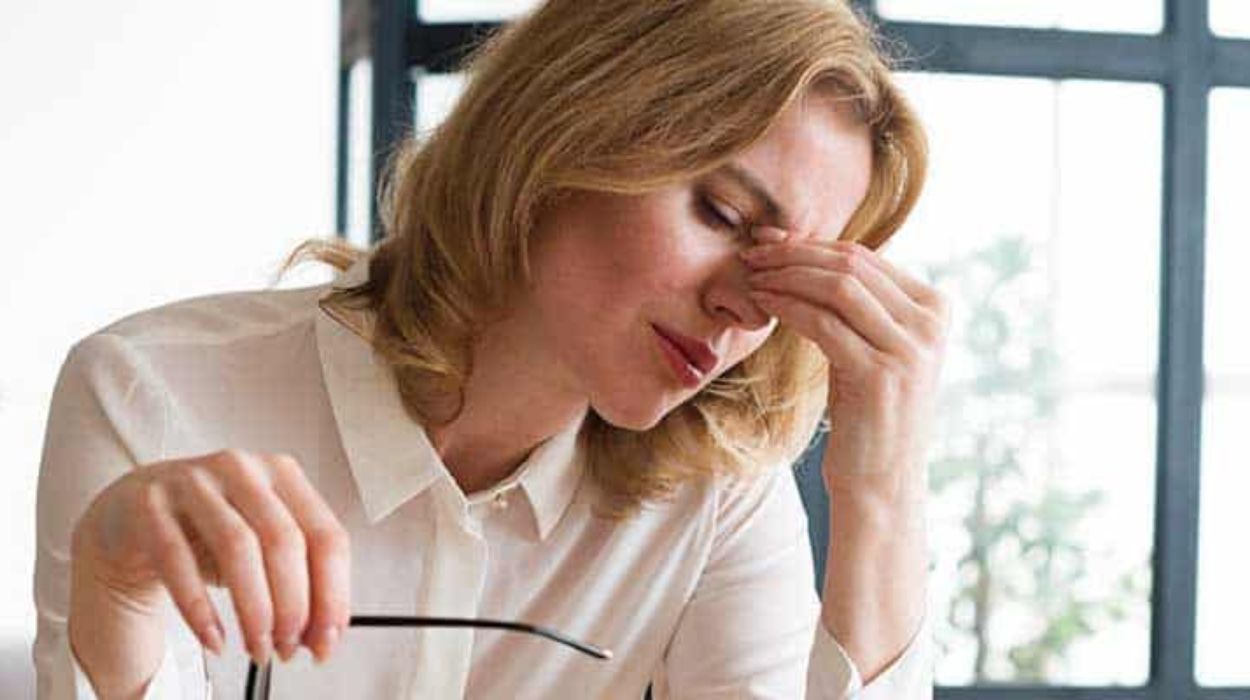
In a situation where most people don’t want our woman to talk about sexual topics, I can imagine how much hatred I might face after expressing my thoughts on sexual needs publicly. But it is one of my basic needs. Hence, society should accept it with an open heart. As a mother of an obedient and intelligent young son, I accept myself as a smart, successful single parent. (Hopefully, society accepts it too). I am smarter and better than many ‘normal’ parents who have failed in parenting their children properly.
Related reading: The grim truth of marital rape in India
When a widow is doing her duties properly and is socially responsible, do you really need to peep into her bedroom?
It is really high time for society to change its mindset. Widows and divorced women are normal human beings too. Live and let live.
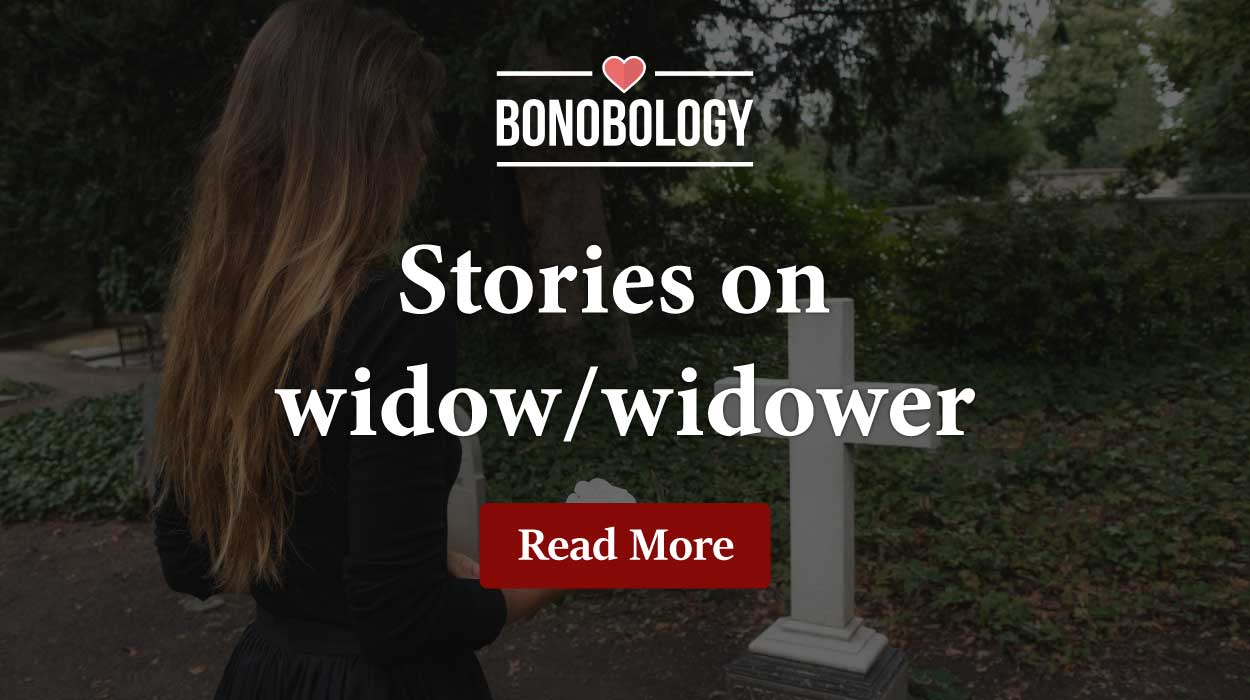
FAQs
1. Why do widows face societal stigma?
Societal traditions and cultural taboos often view widows through a lens of mourning, denying them the freedom to express their individuality and needs.
2. Is it wrong for widows to seek companionship or love again?
Everyone has the right to companionship and happiness, regardless of their marital history.
3. Do widows struggle with mental health more than others?
Yes, widows often face grief, loneliness, and societal expectations, which can lead to mental health challenges. Counseling can provide valuable support during this time.
Final Thoughts
Widows, like anyone else, deserve respect, empathy, and the freedom to lead fulfilling lives. Society often marginalizes them, ignoring their emotional, physical, and social needs. By breaking taboos, we can foster a more compassionate culture that empowers widows to live without judgment or restrictions. They have the right to love, laugh, and rebuild their lives in whatever way they choose. Our counselors provide a safe space to heal, rediscover purpose, and embrace life again without guilt or fear.
Your contribution does not constitute a charitable donation. It will allow Bonobology to continue bringing you new and up-to-date information in our pursuit of helping anyone in the world to learn how to do anything.

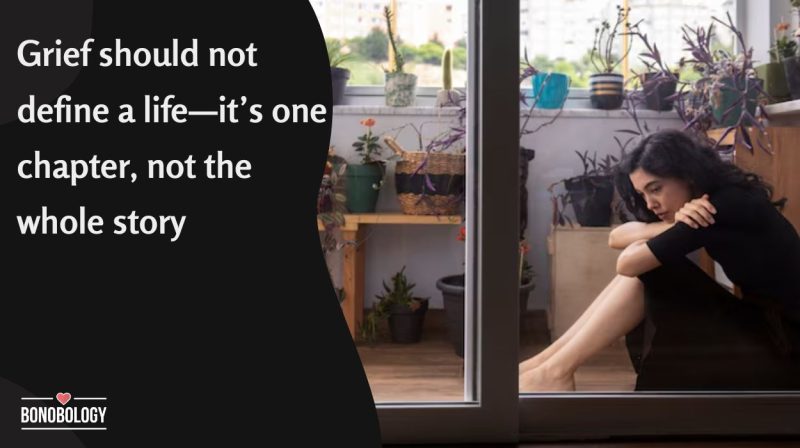
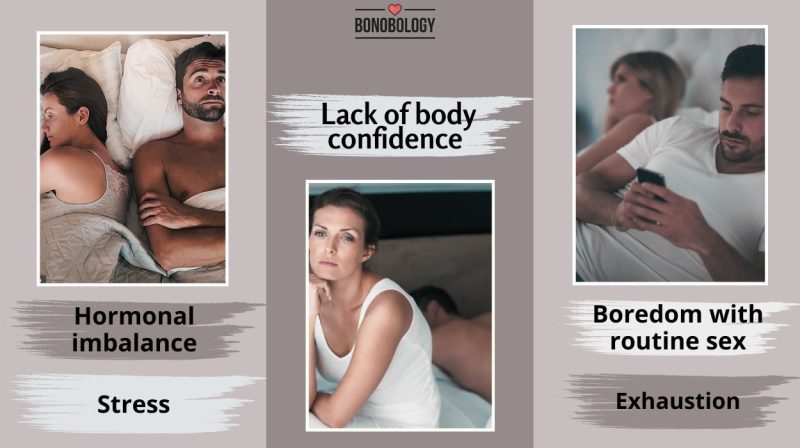
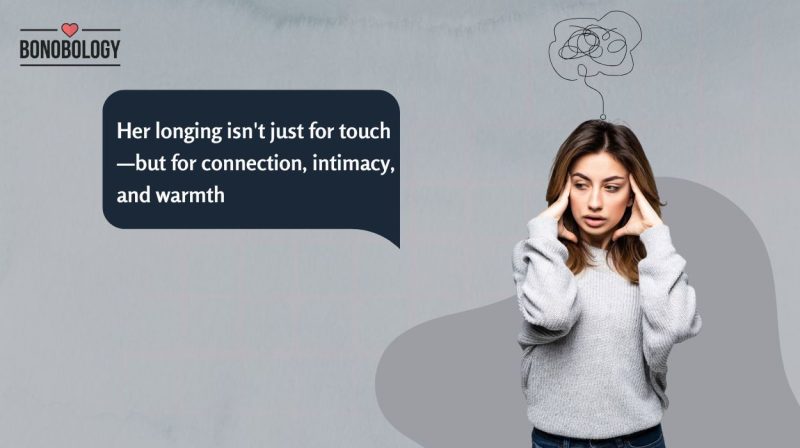
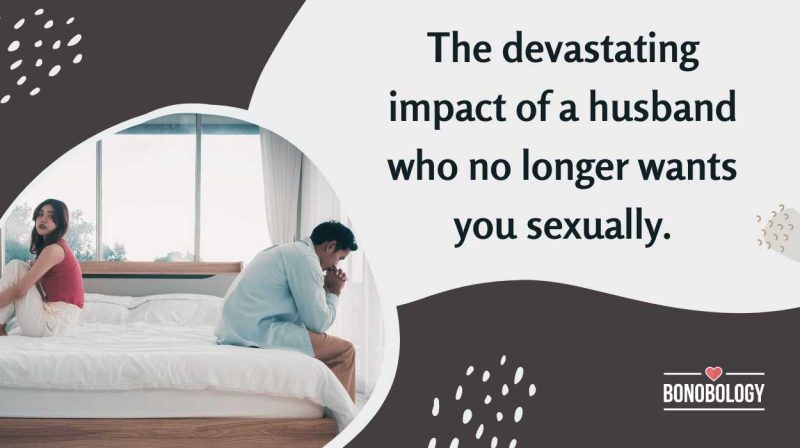

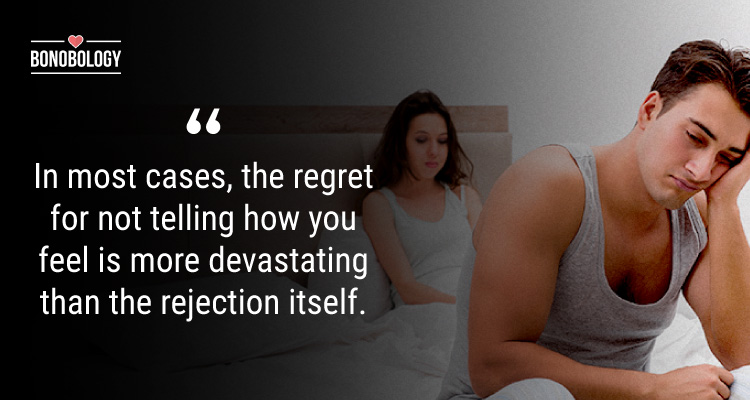

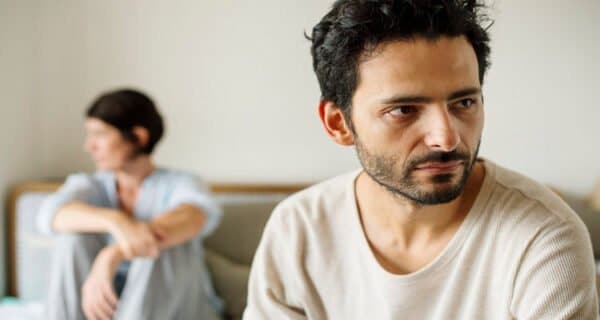


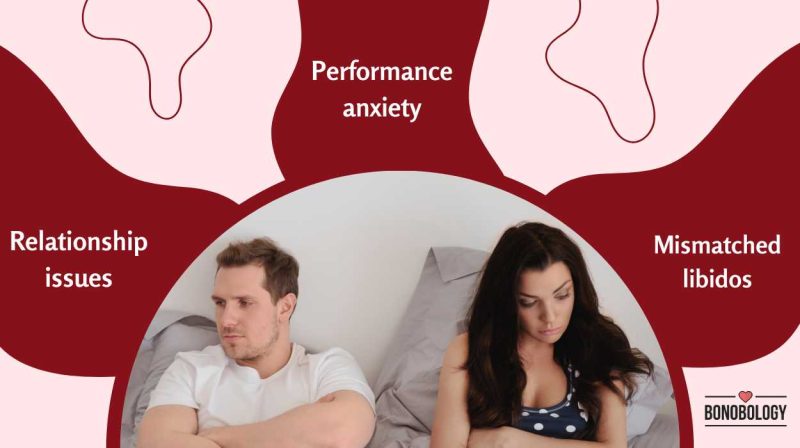





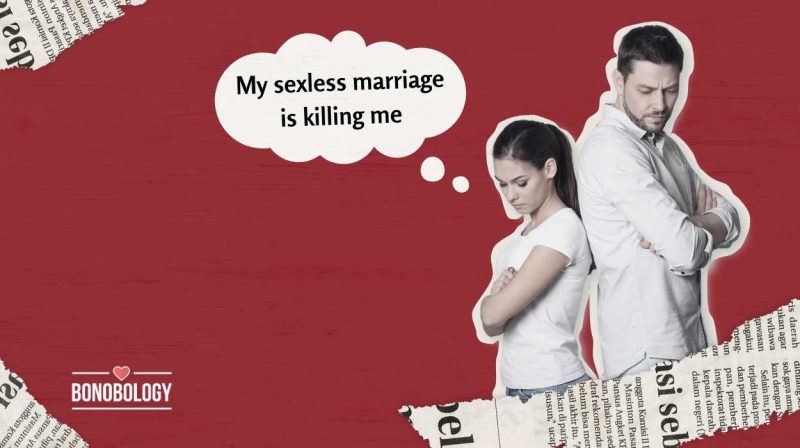


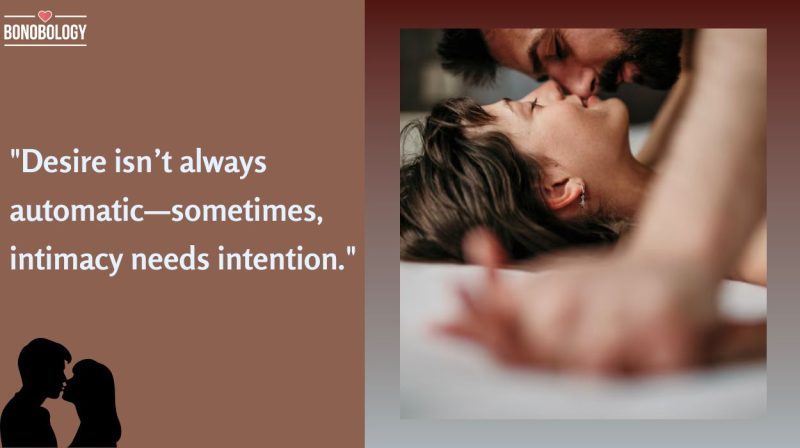
It is possible to love again. If widows seek someone new to love isn’t necessarily a bad thing. Being with someone new can help people cope and learn to rebuild relationships.
Widows can profoundly fall in love, it’s their .life, why should people interfere?